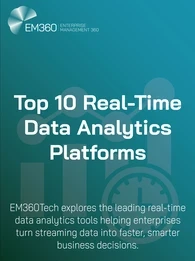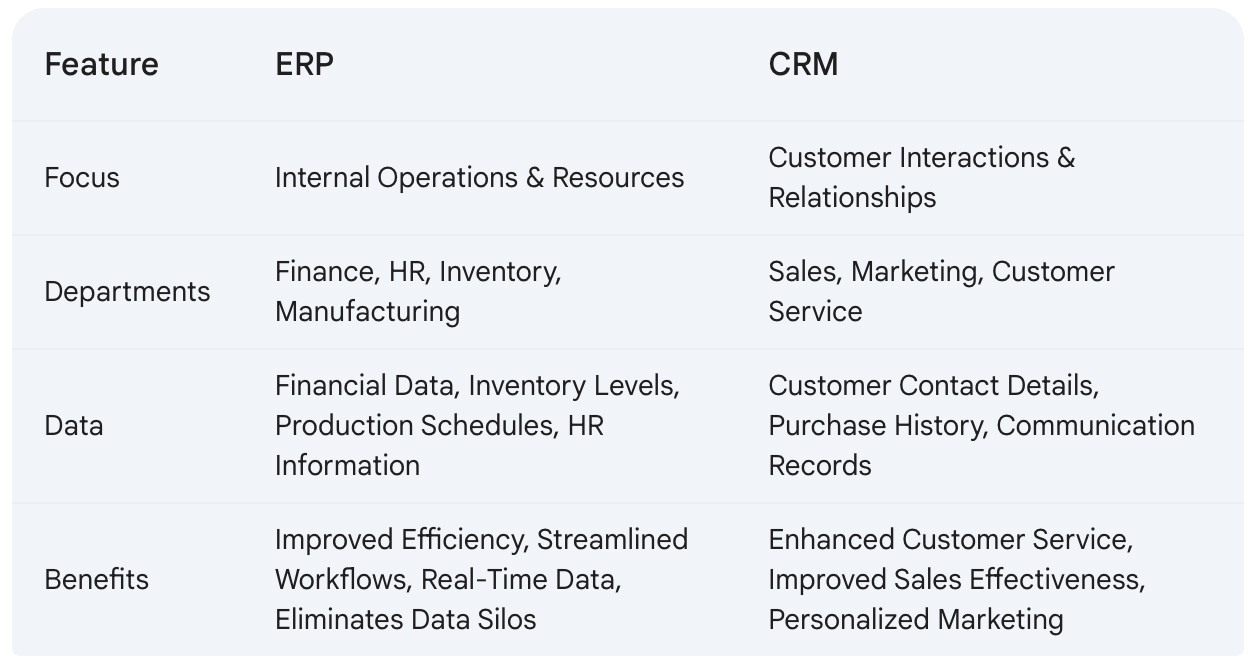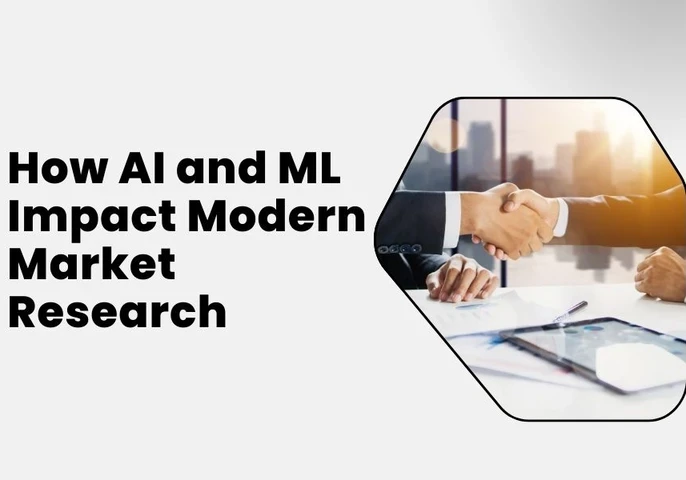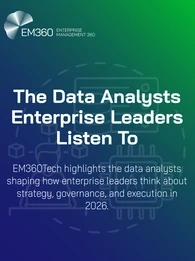As organizations grapple with managing huge amounts of information, the need for efficient and integrated systems has become more important than ever.
ERP software is a key centralized system designed to manage and integrate key business processes.
It serves as a single source of truth for data across departments, including finance, HR, inventory, and production. By automating repetitive tasks, providing real-time insights, and improving collaboration, ERP systems streamline operations, enhance decision-making, and drive overall business efficiency.

What is ERP?
Enterprise Resource Planning (ERP) is a business management system that helps organizations manage and automate their core business processes. It acts as a central hub for all of a company's data, streamlining information flow between different departments.
ERP is focused on the localization and management of key business functionalities including finance, accounting, human resources, inventory, manufacturing, supply chain, and customer relationship management. It unifies activities, improving communication and enhancing collaboration between departments. As a result, efficiency rises, error rates decrease, and there is better decision-making based on real-time data.
An ERP system is a single source of truth for all organizational data. This means that there are no longer silos of separate information in different departments, and everybody possesses the correct data. With all the data now centralized, an ERP brings increased transparency into the goings-on within a business. This empowers better decision-making from top to bottom and proactive problem-solving.
How does ERP work?
ERP systems work by acting as a central hub for all of a company's data and core business processes. They use a single database to store information from various departments like finance, inventory, HR, and manufacturing. This eliminates data silos and ensures everyone has access to the same accurate data.
ERP systems are built with different modules that cater to specific functionalities. These modules communicate with each other within the central database. They are also able to automate repetitive tasks across departments. For example, an order placed in the sales module might automatically trigger updates in inventory and generate a production order in the manufacturing module.
By centralizing data, ERP provides real-time visibility into various aspects of the business. This allows for better decision-making based on up-to-date information. With a shared platform, departments can easily communicate and collaborate. For instance, the sales team can see real-time inventory levels before promising a delivery date to a customer.

When Data Must Be Real Time
Why streaming analytics is now core to enterprise strategy, separating fast-moving leaders from lagging, batch-bound competitors.
ERP vs CRM
Businesses rely on two key software systems to manage their enterprise data.: ERP and CRM. While both are crucial, they solve different problems. ERP serves as an internal backbone that provides integration among various departments, such as finance and inventory CRM, on the other hand, focuses on the customer experience, managing interactions and fostering stronger relationships.
CRM also primarily deals with customer data, including contact information, purchase history, communication records, and support interactions, and focuses on improving customer service, maximising sales efficiency, personalizing marketing campaigns, and building closer relationships with customers.
ERP, however, manages a broad range of data across various departments, including financial data, inventory levels, production schedules, and HR information. This improves operational efficiency, streamlines workflows, provides real-time data for better decision-making and eliminates data silos.

While they are different systems, ERP and CRM may be integrated to share the data and provide a 360-degree view of the customer; this will allow sales teams to see the purchase history of customers within the ERP. For customer service reps, this shows a history of previous interactions with that customer.
Inside AI-Driven Insight Engines
See how NLP, cloud platforms, and automated models compress time-to-insight while scaling qualitative and quantitative analysis.

The best ERP systems for 2024
Businesses thrive on efficiency, and a robust ERP system is the key to reliably unlocking it.
We're we’re counting the best ERP software systems for 2024. We’ll compare their stand-out features so you can choose the best ERP for your needs.







Comments ( 0 )